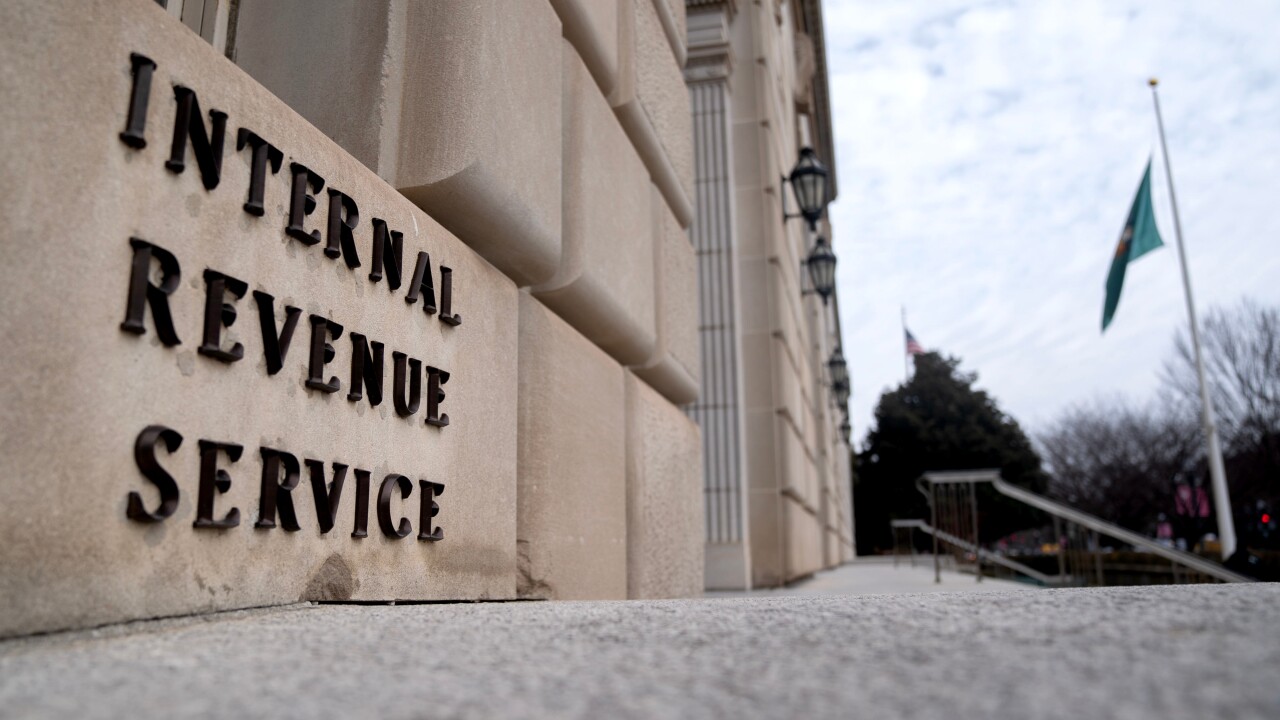An influential group that sets widely followed tax-reporting standards for major commodities suppliers in 55 countries will meet privately on Wednesday to discuss removing an Exxon Mobil Corp. representative from its board.
The
“Exxon is threatening to make a mockery of the EITI and discredit the entire initiative,” Kathleen Brophy, U.S. director for Publish What You Pay, said in a statement. If its complaint doesn’t result in action, the advocacy group “will express a vote of no confidence in the EITI Board and encourage all civil society groups to do the same.”

The complaint comes at a critical time for Exxon after activist shareholders that have grown frustrated with the company’s environmental, social and governance record succeeded in replacing three board members last month. Meanwhile, the EITI is facing calls to beef up its requirements for member companies, a third of whom fail to uphold the body’s own standards.
Exxon, a founding member of the EITI, said it’s aware of the complaint and offered to discuss it with Publish What You Pay. The complaint “lacks merit on procedural and policy grounds and should be dismissed,” the U.S. oil giant said, adding it supports “the need for relevant public and private company government payment disclosure.”
Publish What You Pay U.S.
The EITI declined to comment on the case because it concerns an individual board member, spokeswoman Joanne Jones said in a statement. “We are still following our internal processes regarding the matter,” she said.
The complaint against Gobush is a symptom of a wider frustration that advocacy groups and some of EITI’s 55 member countries have had with the organization for many years. It was set up in the early 2000s to develop a global tax and royalty disclosure mechanism to increase payment transparency and help root out corruption in the natural resources industry. But campaigners accuse Exxon and other American oil companies including Chevron Corp. of lobbying against the EITI’s standard while also enjoying the reputational benefits of being a member.
Last year, the SEC invited the public to comment on its rules for Section 1504 of the Dodd-Frank Act, which governs how natural resource companies disclose payment to governments. Exxon’s Gobush attended five meetings with the SEC alongside lobbyists from the American Petroleum Institute and the
The API and Chamber both publicly recommended a weaker implementation of the rule than the EITI’s standard, suggesting that the SEC only publish anonymous aggregated money flows to governments, rather than the EITI’s favored approach of granular payments from individual companies and projects. By contrast
“ExxonMobil is committed to advancing the cause of transparency at EITI and at the SEC,” the company said. “Our board member faithfully represents the company in upholding our commitment. Staff participated in meetings with Securities and Exchange Commission’s staff on behalf of the company and not on behalf of other organizations, as did other companies that belong to EITI.”
In the end, the API and Chamber’s lobbying was largely successful, and the final rule was published in December last year, in the final days of the Trump presidency. It was criticized by some senators for falling short of EITI standards and not requiring project-by-project disclosure.
“If Exxon’s lobbyist doesn’t support transparency, he must be kicked out of EITI,” said Daniel Mule of Oxfam, which has collaborated with the organization for more than a decade. “If the Board doesn’t hold Exxon and its representative to account, it will make a mockery of the EITI.”
The EITI has been successful in helping implement transparent, granular tax disclosures from natural resource companies in the European Union, Norway and Canada, as well as helping host countries develop rigorous financial reporting frameworks. But it received a big setback in 2017, when President Donald Trump withdrew the U.S. as an implementing country.
Now the focus is on whether the EITI’s member companies actually support the organization’s standard. Some 30% of supporting companies fail to adequately disclose their payments in non-EITI countries and do not explain why, the body said in a June 11
“The disclosure gaps highlighted in the review undermine the efforts of those companies which do adhere to the expectations, as well as the credibility of the EITI,” Board Chair Helen Clark said in the post.





